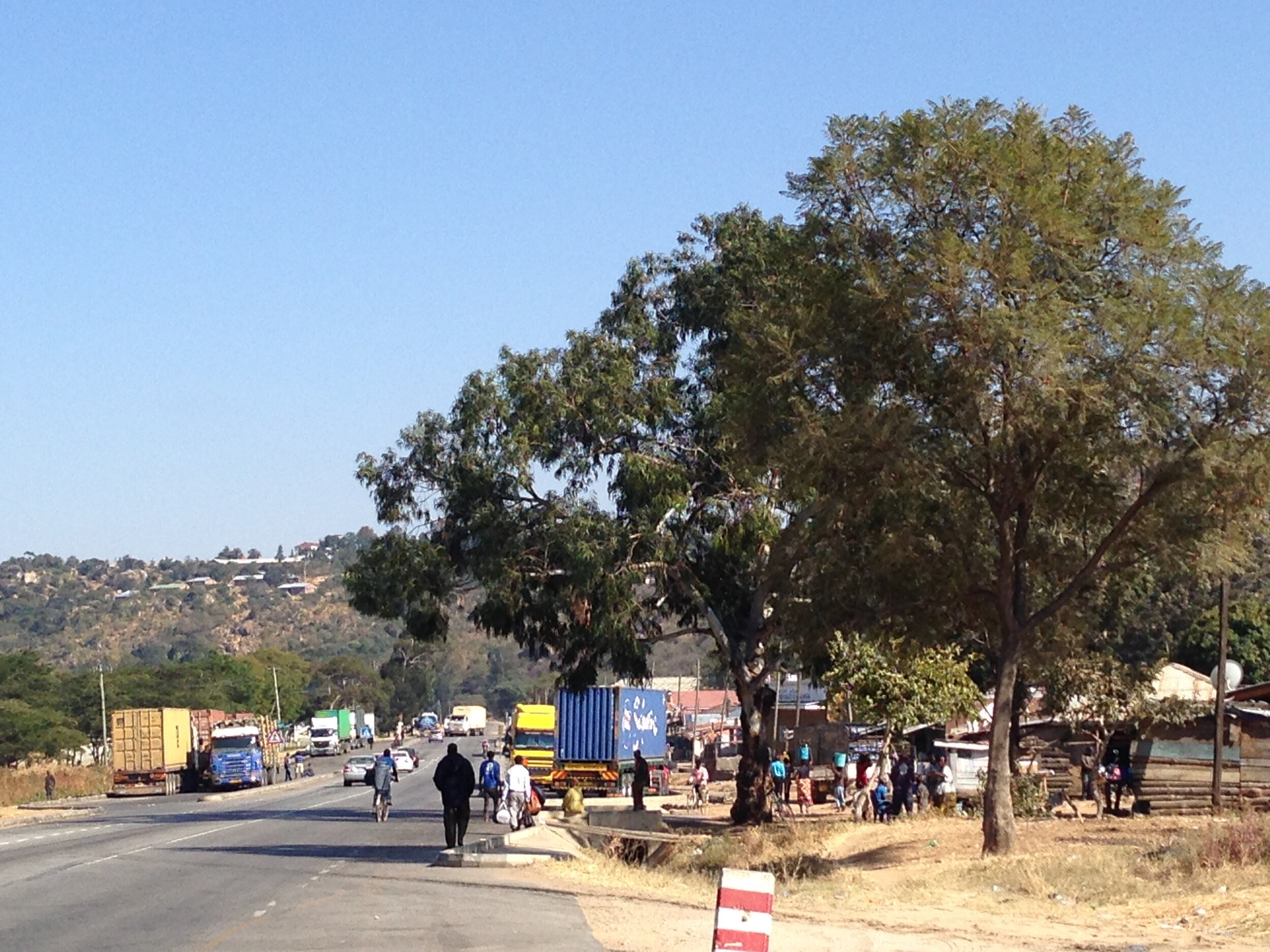
Community-based HIV prevention among female sex workers
Tanzania
Project aim:
Implement an HIV prevention intervention among female sex workers including biomedical, behavioral, and structural components employing a community-based approach
Setting and Population:
Female sex workers in Iringa, Tanzania, a region located along the Tanzania-Zambia highway, in the southwest highlands
Partners:
Johns Hopkins University Bloomberg School of Public Health, National Institute of Health (U.S.), Muhimbili University of Health and Allied Sciences (Tanzania)
Services provided:
Developed intervention components including: peer health education and HIV testing in sex work venues, peer navigation services for HIV positive women, and a community drop in-center
Developed protocols and trainings on study intervention components, tracking forms for program monitoring, and didactic materials for study participants
Trained study staff on quantitative and qualitative data collection and provided technical assistance on data systems management
Led sub-study on the role of financial security and community savings groups in addressing HIV among female sex workers
Created and contributed to workshop curriculums on financial literacy, gender-based violence, sex worker rights, and sensitivity trainings with medical providers
Planned and facilitated advisory board meetings to engage local stakeholders
Prepared reports for funders and policy briefs for government partners
Developed manuscripts for peer-reviewed journals
Watch…
Phia Founder Andrea Mantsios talk about women's economic empowerment at the SEEP Network Conference in
Kigali, Rwanda.
See…
Publications related
to this project.
View Publications
